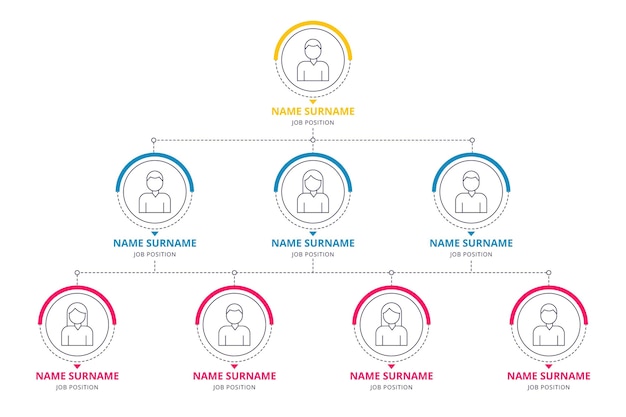In today’s fast-paced business environment, the importance of a well-structured accounting department cannot be overstated. A robust accounting framework not only ensures regulatory compliance and financial accuracy but also drives strategic decision-making across the organization.
To achieve this, leaders must navigate a complex landscape filled with diverse roles, technological advancements, and evolving best practices. Building a strong accounting department structure involves critical steps, from defining clear roles and responsibilities to integrating advanced software solutions that enhance efficiency.
Moreover, fostering a culture of continuous development and collaboration within the team can elevate performance and adapt to the ever-changing financial landscape. As we delve into the key steps of this transformative process, it’s essential to understand how each component plays a pivotal role in creating a resilient and agile accounting function capable of supporting the broader goals of the organization.
Designing an Effective Hierarchical Structure

Designing an effective hierarchical structure within an accounting department is a crucial step that can significantly influence the overall efficiency and productivity of the team. Start by defining clear roles and responsibilities for each member, ensuring that everyone understands their position within the larger framework.
This might involve creating specialized teams focused on distinct areas—like accounts payable, receivable, and financial reporting—while maintaining open lines of communication between them. Consider the experience levels of your staff as well; pairing seasoned professionals with newer team members can foster mentorship and enhance skill development.
Additionally, a flexible hierarchical model may allow for adaptability in response to changing business needs, empowering employees to take initiative and contribute ideas. Ultimately, a well-structured accounting department should promote collaboration and drive accountability, while ensuring that strategic goals are met efficiently and effectively.
Implementing Standard Operating Procedures (SOPs)
Implementing Standard Operating Procedures (SOPs) is a pivotal step in solidifying the framework of an effective accounting department. By clearly documenting each process—from invoice processing to month-end closing—SOPs serve as a roadmap that guides team members through even the most complex tasks.
Imagine the chaos in a bustling department without consistent protocols; errors would abound, deadlines missed, and ultimately, the integrity of financial reporting compromised. SOPs not only enhance accuracy and efficiency but also promote accountability, ensuring that everyone understands their responsibilities.
Furthermore, these procedures can be adapted and refined over time, allowing for continuous improvement and keeping pace with evolving industry standards. As a living document, SOPs instill confidence within the team, fostering a culture of professionalism and precision that echoes throughout the organization.
Measuring Performance and Accountability

Measuring performance and accountability within an accounting department is not merely an exercise in number crunching; it’s an intricate dance of metrics, benchmarks, and continuous feedback. To ensure that each team member is contributing effectively, managers should establish clear Key Performance Indicators (KPIs) that align with both organizational goals and individual aspirations.
Regular performance reviews, infused with constructive critiques, can foster an atmosphere of growth and responsibility. Moreover, embracing technology such as automated reporting tools can enhance transparency, making it easier to track progress and identify root causes of discrepancies.
In this evolving financial landscape, adaptability is key—accounting professionals should be encouraged to refine their strategies and methodologies continuously, promoting a culture where accountability is not just expected but celebrated.
Conclusion
In conclusion, establishing a robust accounting department structure is essential for any organization aiming to enhance its financial integrity and operational efficiency. By implementing clear roles, fostering effective communication, and leveraging technology, companies can streamline their processes and ensure accuracy in their financial reporting.
Additionally, meticulous recruitment practices, particularly for key positions like the Financial Controller Recruitment, play a pivotal role in assembling a skilled team that can drive the department towards achieving its strategic goals. Ultimately, a well-structured accounting department not only supports sound financial decision-making but also contributes to the overall success and sustainability of the organization.


